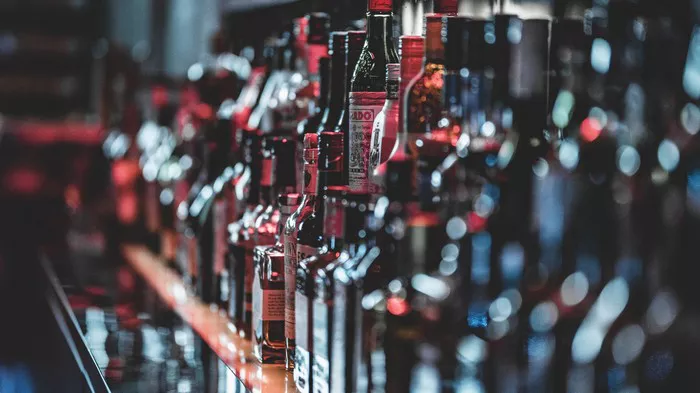The United States’ West Coast, renowned for producing more than 90 percent of the nation’s wine, is also grappling with the escalating threat of wildfires. In 2020, these fires inflicted substantial financial losses upon the American wine industry, primarily due to the detrimental impact of wildfire smoke on grape flavors, rendering them unpalatable for some wine enthusiasts.
To combat this challenge, experts from state universities in the region have joined forces to develop innovative strategies aimed at shielding wine grapes from the adverse effects of wildfire smoke.
Recognizing the urgency of this endeavor, the U.S. Department of Agriculture (USDA) has allocated funding for grape research at select state institutions. Among the beneficiaries of this investment are the University of California, Davis (UC Davis), Oregon State University, and Washington State University. Agriculture officials deem this research investment crucial, given that wine grapes constitute America’s highest-value crop.
Tom Collins, a wine scientist at Washington State University, underscored the precariousness of the situation in regions where smoke-related issues may become increasingly prevalent. He emphasized that “the ability to continue to make wine” is at stake.
In Oregon, researcher Cole Cerrato conducted an experiment at Oregon State University’s vineyard, located near the small town of Alpine. Cerrato ignited a controlled fire and directed the ensuing smoke through a hose onto a row of grapes enveloped in plastic.
This experiment mirrored similar efforts by Cerrato and fellow researchers. The grapes subjected to this treatment were later transformed into wine, which regrettably bore an unpleasant smoky and ashy flavor.
Scientists in the field are diligently working to devise methodologies to prevent smoke penetration through grape skins, thus averting the unwelcome impact on wine flavor.
Some researchers are exploring the possibility of creating a process to treat wine that would eliminate the smokiness. However, they remain cautious about potentially compromising the wine’s desirable flavors in the process.
Others are exploring the option of blending smoke-affected grapes with unaffected ones, aiming to mitigate the smoky undertones.
Tom Collins is pioneering the development of a spray composed of water and a specific type of clay that could serve as a protective shield against smoke for grapes. An essential precondition for this approach is the thorough washing of all grapes before they are processed into wine.
Oregon State University is also engaged in experimentation with a comparable spray treatment for grapes.
Furthermore, the USDA has allocated $7 million to facilitate the installation of smoke sensors in vineyards, further fortifying efforts to safeguard American wine grape harvests from the pervasive threat of wildfire smoke.


